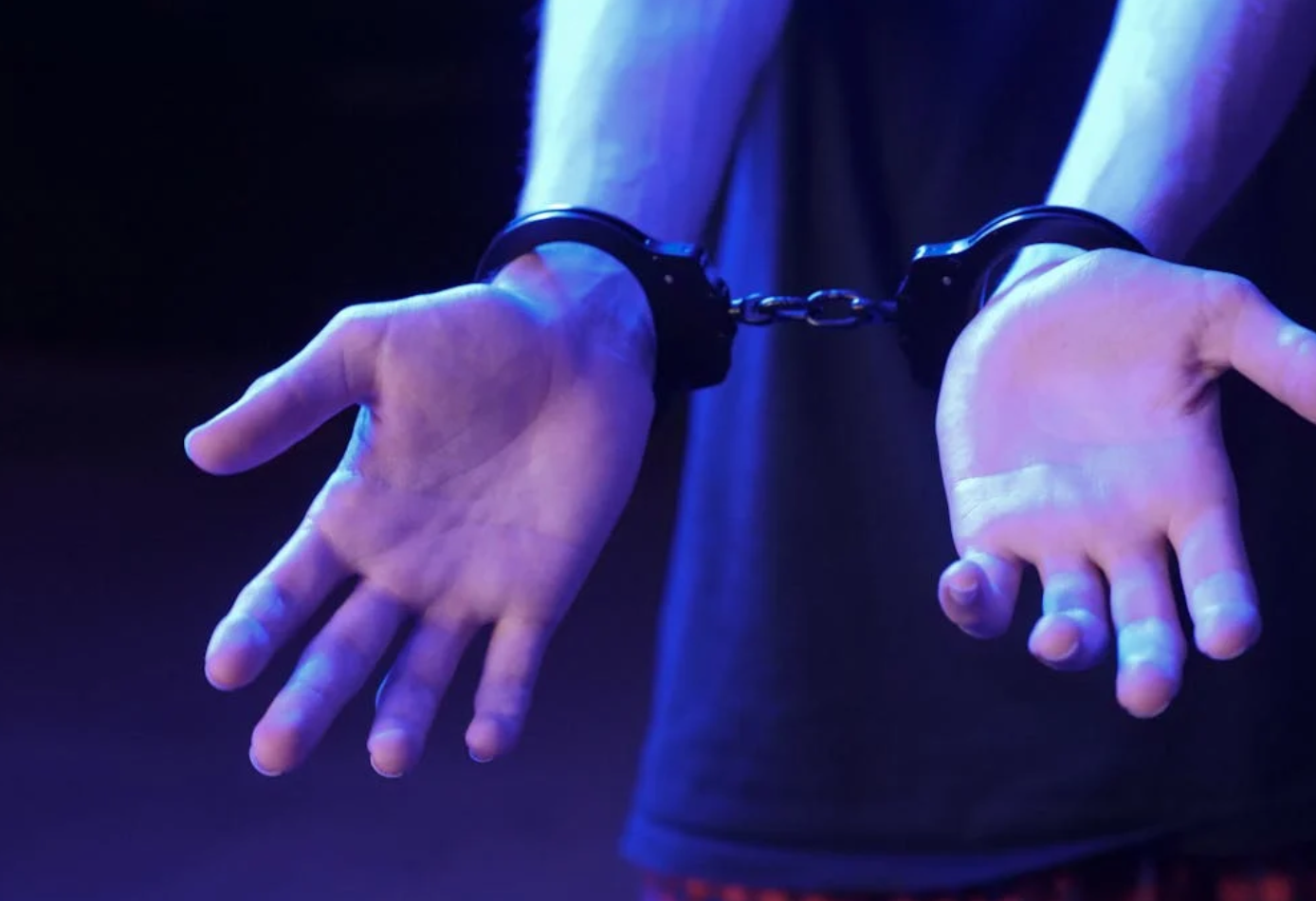Drug possession charges are serious matters that require immediate attention and a thorough understanding of the legal system.
Drug possession charges are among the most common criminal offenses in the United States, carrying significant legal consequences that can impact an individual’s life for years to come. Whether the charge involves illegal substances like cocaine, heroin, or methamphetamine, or even prescription drugs obtained without a valid prescription, the penalties can be severe. Understanding the nuances of drug possession laws, the potential penalties, and the importance of legal representation is critical for anyone facing such charges.
Here’s what you need to know about drug possession charges and penalties.
Understanding Drug Possession Charges
Drug possession charges typically fall into two categories: simple possession and possession with intent to distribute. Simple possession refers to having a controlled substance for personal use, while possession with intent to distribute implies that the individual intended to sell or distribute the drugs. The classification of the charge typically depends on factors such as the quantity of the substance, the presence of drug paraphernalia, and the circumstances of the arrest.
In countries like the United States, drug possession laws vary by state, but federal regulations heavily influence them. Controlled substances are categorized into schedules under the Controlled Substances Act (CSA), with Schedule I drugs (e.g., heroin, LSD) considered the most dangerous and having no accepted medical use, while Schedule V drugs (e.g., cough syrup with codeine) have a lower potential for abuse.
Therefore, for those in Los Angeles or similar locations, it’s advisable to find a drug crimes lawyer in Los Angeles to navigate the complexities of the legal system effectively.
Penalties for Drug Possession
The penalties for drug possession can range from minor fines to lengthy prison sentences, depending on the type and amount of the drug, the jurisdiction, and the defendant’s criminal history. For example, possession of a small amount of marijuana for personal use may result in a misdemeanor charge with minimal penalties, while possession of a large quantity of a Schedule I drug could lead to felony charges and significant prison time.
In many states, first-time offenders may be eligible for diversion programs or probation instead of incarceration, especially if the offense involves a small amount of a less dangerous substance. However, repeat offenders or those caught with larger quantities of drugs may face mandatory minimum sentences, which require a judge to impose a specific prison term regardless of mitigating circumstances.
Federal vs. State Drug Laws
Depending on the circumstances, drug possession charges can be prosecuted at either the state or federal level. State charges are more common and typically involve smaller quantities of drugs or offenses that occur within state boundaries. Federal charges, on the other hand, involve larger quantities, cross-state trafficking, or offenses committed on federal property.
Federal drug laws tend to be stricter, with harsher penalties and fewer opportunities for parole or early release. For example, a federal conviction for possession of even a small amount of a Schedule I drug can result in a mandatory minimum sentence of one year in prison. In contrast, state penalties may vary widely, with some states adopting more lenient approaches, particularly for non-violent offenders.
The Role of Intent in Drug Possession Cases
Intent plays a crucial role in determining the severity of drug possession charges. Law enforcement officers and prosecutors look for evidence that suggests an individual intended to distribute drugs, such as large quantities of the substance, packaging materials, or large sums of cash. If intent to distribute is proven, the charges can escalate from simple possession to a more serious offense, carrying heavier penalties.

However, proving intent can be challenging, and a skilled attorney can argue that the drugs were for personal use, thereby reducing the charges. This is one reason why it’s essential to find a drug crimes lawyer if you’re facing drug possession charges. An experienced attorney can analyze the evidence, challenge the prosecution’s case, and work to achieve the best possible outcome.
Collateral Consequences of Drug Possession Convictions
Beyond the immediate legal penalties, a drug possession conviction can have long-lasting collateral consequences. These may include difficulty finding employment, loss of professional licenses, ineligibility for federal student loans, and restrictions on housing opportunities. In some cases, a conviction can also result in the loss of certain civil rights, such as the right to vote or own a firearm.
For non-citizens, a drug possession conviction can have even more severe legal consequences, including deportation or denial of entry into the United States. Given these potential repercussions, it’s crucial to mount a strong defense and explore all available legal options.
Defenses Against Drug Possession Charges
Depending on the specifics of the case, there are several potential defenses against drug possession charges. Some common defenses include challenging the legality of the search and seizure, arguing that the defendant was unaware of the presence of the drugs, or proving that the substance wasn’t actually a controlled substance.
In some cases, entrapment or lack of probable cause for the arrest may also be valid defenses. A knowledgeable attorney can evaluate the evidence, identify weaknesses in the prosecution’s case, and develop a strategic defense tailored to the individual circumstances.
Conclusion
Drug possession charges are serious matters that require immediate attention and a thorough understanding of the legal system. From the type of charge to the potential penalties and collateral consequences, there are many factors to consider. Therefore, by keeping the information mentioned above in mind, you can work toward a favorable resolution and minimize the long-term impact on your life.


Join the conversation!